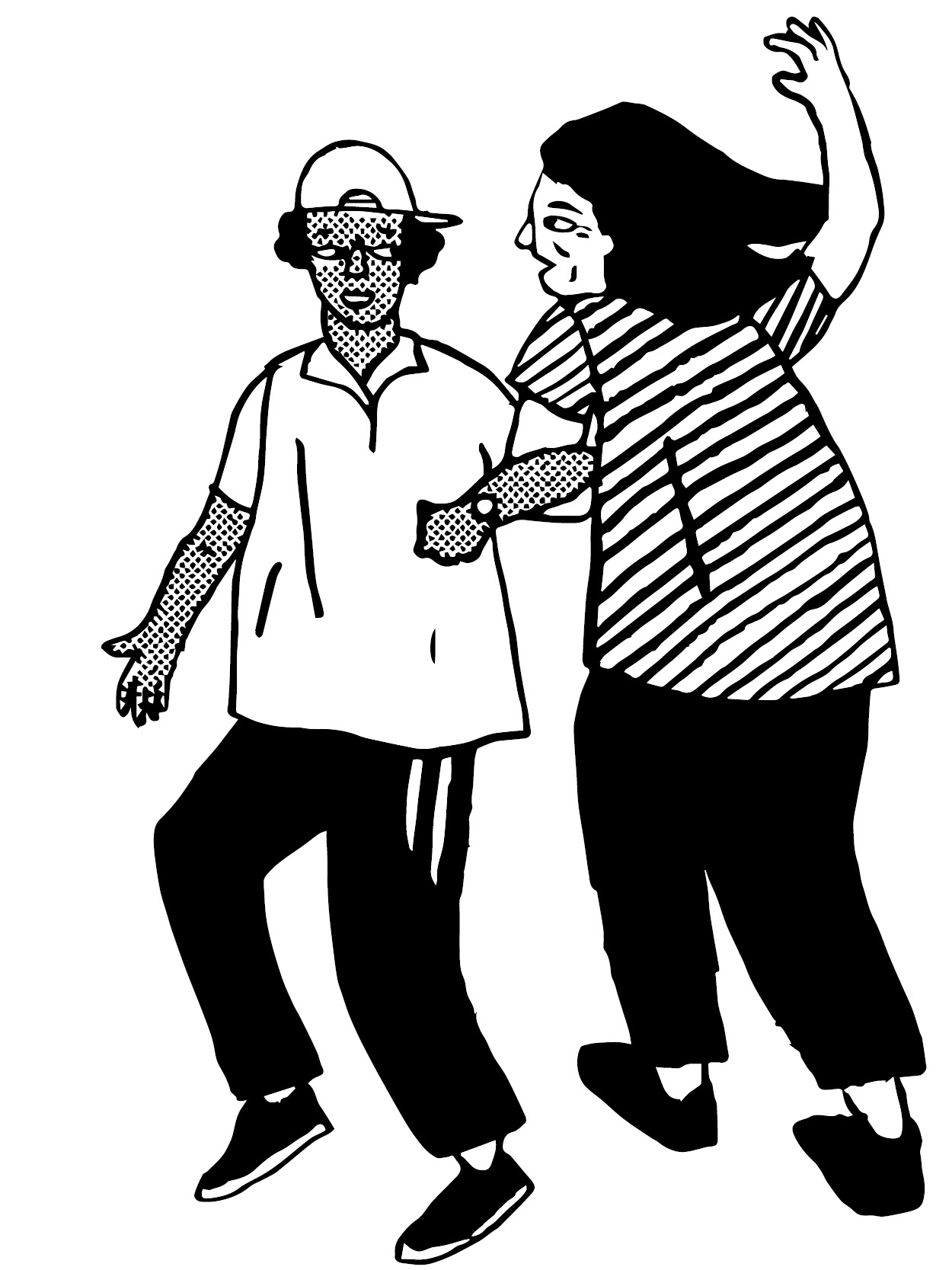Sabine Baring-Gould
Sabine Baring-Gould
(1834-1924)
Sabine Baring-Gould was born in Exeter in 1834. His father took the family on a series of European tours that were to last most of his childhood. During a brief period of schooling in Mannheim he discovered Nordic literature, sparking an interest in folklore, philology and antiquarian pursuits that was to shape his life. Baring-Gould’s father forbade him to enter the church on pain of disinheritance. He became a teacher after he graduated and at the age of thirty, finally overcame his father’s objections and became a priest. At Baring-Gould’s first post at Horbury, Yorkshire, he met the teenage mill-girl, Grace Taylor, whom he married. They had 15 children. He also started to collect and publish folklore, household tales, and songs from the mill-workers and boat-people who were his special charge. In 1881 he returned to the family home at Lewtrenchard in West Devon. He was, by then, established as a writer of more than 1,200 books and magazine articles. These funded work to rebuild the house, church and estate that had been neglected by his father and grandfather.
In 1888 a dinner conversation prompted him to start collecting traditional songs of Devon and Cornwall, with the help of the Frederick Bussell and the music historian, Henry Fleetwood Sheppard. His collection, Songs of the West, was published in parts between 1889 and 1891 and was followed in 1895 by A Garland of Country Songs. While these collections have been criticised for the presentation of the songs, they were among the first of their kind and Baring-Gould’s recording of details of the singers, as well as his notes on their songs and their origins, was a model adopted by subsequent collectors. He also wrote a number of other articles about folk songs and the people from whom he collected them.
Baring-Gould died in 1924, a few days before his ninetieth birthday. Though he is mostly remembered for his hymn-writing and his archaeological studies, he considered his greatest achievement his folk song collection. He was an important influence on other collectors and Cecil Sharp and Lucy Broadwood were among those who collected songs in his company.
The Baring-Gould folk song collection appears as part of The Full English thanks to Wren Music who donated the entire digitised and catalogued collection to EFDSS as part of the Devon Tradition project, supported by the National Lottery through the Heritage Lottery Fund and The National Folk Music Fund.
For more information about Baring-Gould and his folk song collection, including a full description of the manuscript collection, visit the Songs of the West website.
Browse Sabine Baring-Gould's collection in The Full English digital archive.











